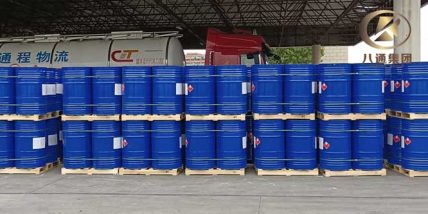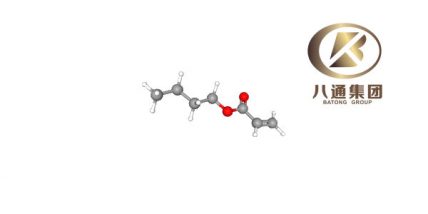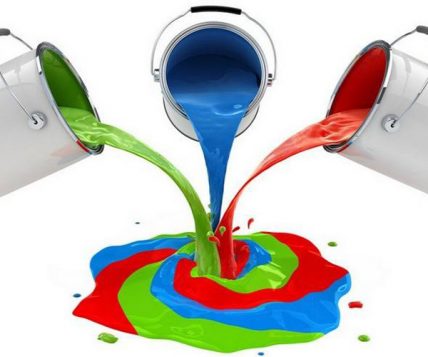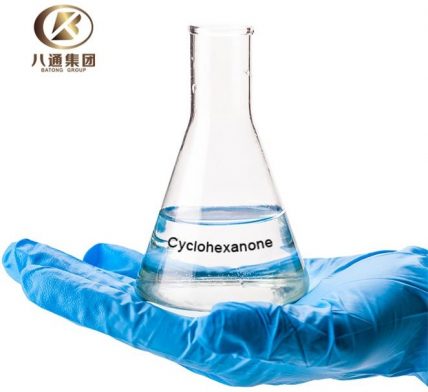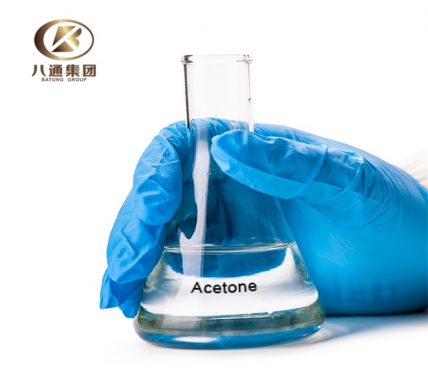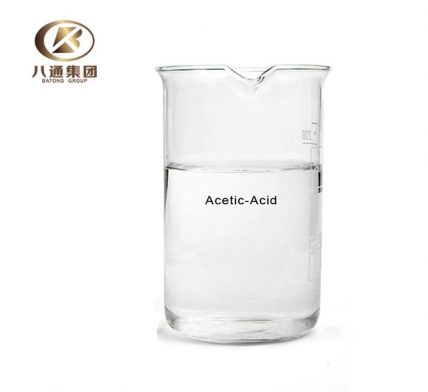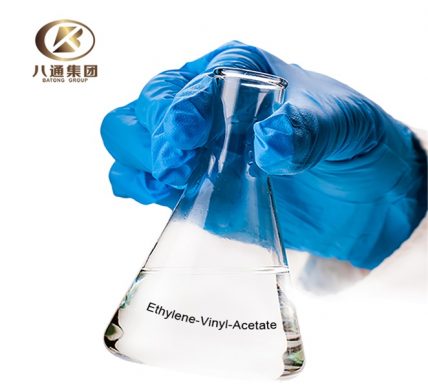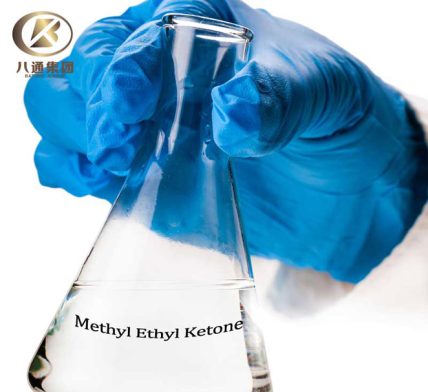Isopropanol, also known as isopropyl alcohol, CAS 67-63-0, and UN 1219, is a versatile and widely used chemical compound. With its distinctive smell and properties, isopropanol has found its way into various fields and everyday products.
One of the most common uses of isopropanol is as a solvent. It can dissolve a wide range of substances, making it a valuable ingredient in many cleaning agents, disinfectants, and even paint thinners. Its effectiveness in breaking down oils and grease makes it a popular choice for removing stubborn stains and marks.
In addition to its solvent properties, isopropanol is widely used as a disinfectant. Its ability to kill bacteria and viruses makes it an essential component in hand sanitizers, medical disinfectants, and surface cleaners. It has become even more vital in recent times, as proper hygiene and sanitization have become global priorities.

Moreover, isopropanol plays a crucial role in the manufacturing of various products. From cosmetics and personal care items to pharmaceuticals and electronics, this versatile compound is used as a solvent, diluent, or cleaning agent in many manufacturing processes. Its low toxicity and evaporation rate make it a preferred choice in industries that require precise and controlled applications.
But, like any chemical compound, isopropanol should be handled with caution. It is flammable and should be stored in a well-ventilated area away from heat sources. When using products containing isopropanol, it is important to follow the instructions and safety guidelines provided by the manufacturer.
In conclusion, isopropanol is a versatile and widely used compound that has found its way into various industries and everyday products. Its solvent, disinfectant, and manufacturing properties make it an indispensable component in many applications. However, it should always be handled responsibly and with awareness of its potential hazards.


